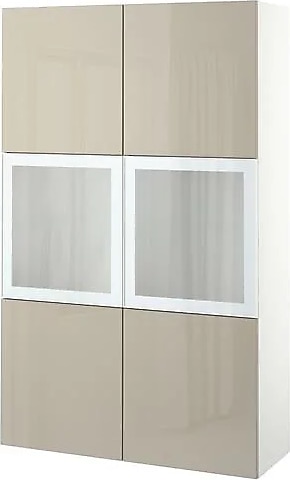
IKEA BESTA dolap kombinasyonu, beyaz, 120x42x65 cm Fiyatları, Özellikleri ve Yorumları | En Ucuzu Akakçe

d / depolama + Kapı cam BESTÅ kombinasyonu - bir ağartılmış meşe Sindvik / Lappviken açık gri şeffaf cam, çekmece kılavuzları, itme (592.467.93) - yorumlar, fiyat, satın almak

Ikea TV için EKET/BESTÅ dolap kombinasyonu, 300x42x210 cm, beyaz/beyaz lekeli meşe efekti : Amazon.com.tr: Ev ve Yaşam

IKEA BESTA dolap kombinasyonu, beyaz-parlak cila-bej, 120x42x193 cm Fiyatları, Özellikleri ve Yorumları | En Ucuzu Akakçe

IKEA BESTA dolap kombinasyonu, ağartılmış meşe görünümlü-beyaz meşe görünümlü-şeffaf cam, 60x42x193 cm Fiyatları, Özellikleri ve Yorumları | En Ucuzu Akakçe

IKEA BESTA dolap kombinasyonu, beyaz, 180x42x74 cm Fiyatları, Özellikleri ve Yorumları | En Ucuzu Akakçe

BESTO Kombinasyon d / depolama + cam kapılar - beyaz / Lappviken açık gri şeffaf cam, çekmece kılavuzları, düzgün kapatma (192.052.28) - incelemeler, fiyat, nereden alınır

Ikea Çekmeceli BESTÅ depolama kombinasyonu, 180x40x74 cm, beyaz lekeli meşe efekti/Lappviken beyaz : Amazon.com.tr: Ev ve Yaşam

Ikea BESTÅ duvara monte dolap kombinasyonu, 120x42x64 cm, beyaz/Laxviken : Amazon.com.tr: Ev ve Yaşam


















